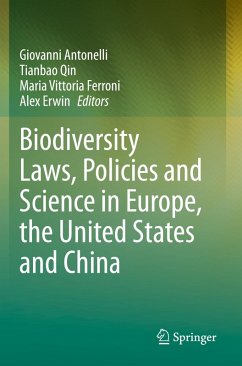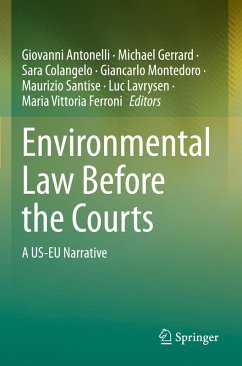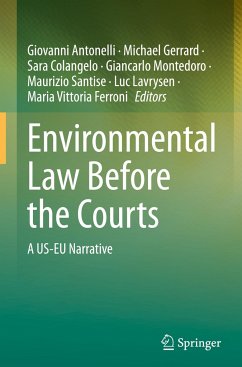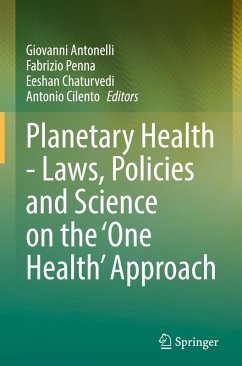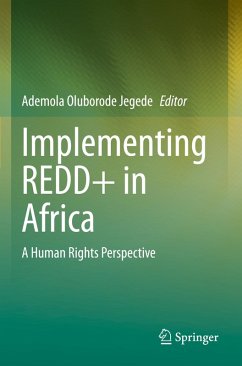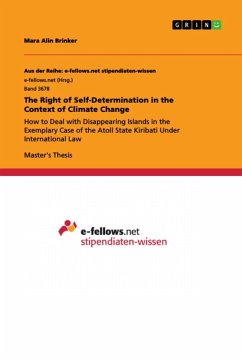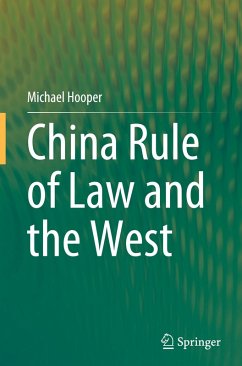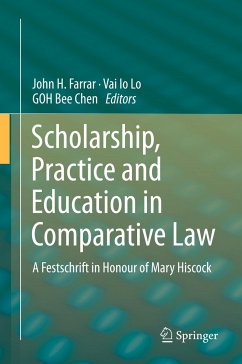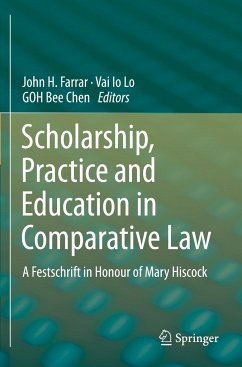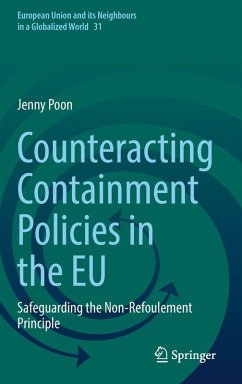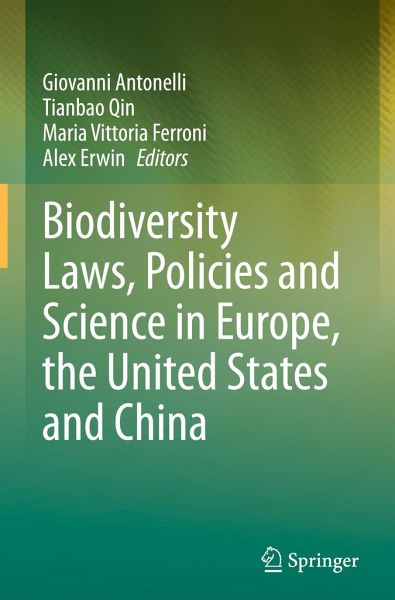
Biodiversity Laws, Policies and Science in Europe, the United States and China

PAYBACK Punkte
62 °P sammeln!
This book offers an in-depth analysis of and multidisciplinary insights into the latest trends in biodiversity laws, policies and science in Europe, the United States, and China. The loss of biodiversity and degradation of ecosystems continues at an alarming rate, harming people, the economy, and the climate. As biodiversity cannot be meaningfully addressed by any single field, a multidisciplinary approach is needed to attain a better understanding of its complexity and to identify prevention and protection systems.Each chapter addresses a specific aspect of biodiversity. Taken together, they ...
This book offers an in-depth analysis of and multidisciplinary insights into the latest trends in biodiversity laws, policies and science in Europe, the United States, and China. The loss of biodiversity and degradation of ecosystems continues at an alarming rate, harming people, the economy, and the climate. As biodiversity cannot be meaningfully addressed by any single field, a multidisciplinary approach is needed to attain a better understanding of its complexity and to identify prevention and protection systems.
Each chapter addresses a specific aspect of biodiversity. Taken together, they provide an innovative exploration of the various facets of biodiversity from the perspectives of law, the social sciences and natural sciences. As such, the book offers an essential theoretical and practical guide for academics, experts, policymakers, and students alike.
Each chapter addresses a specific aspect of biodiversity. Taken together, they provide an innovative exploration of the various facets of biodiversity from the perspectives of law, the social sciences and natural sciences. As such, the book offers an essential theoretical and practical guide for academics, experts, policymakers, and students alike.



